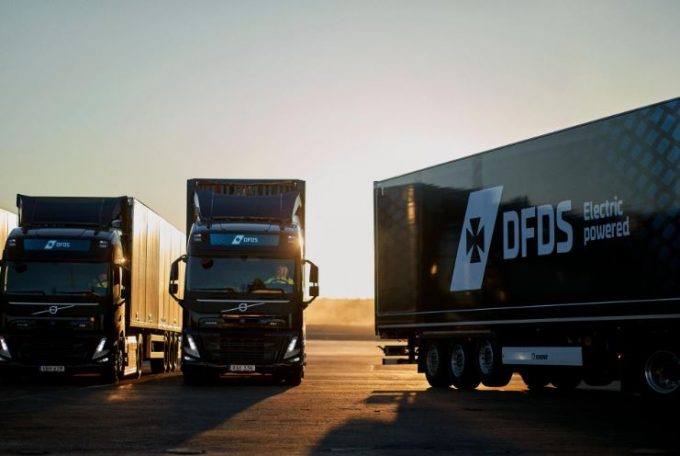Forwarders warned of trucking's Scope 3 emissions ticking 'carbon time bombs'
Freight forwarders could face ‘carbon bombs’ in their Scope 3 emissions reporting, to be rolled ...

They have been partners since 2018, started acquisition talks in 2022 and now DFDS has finally agreed to buy the transport network of Turkey’s Ekol Logistics.
The enterprise value of the business is DKK1.9bn ($276m), on revenues of DKK3.5bn, with some 3,700 staff.
DFDS said the acquisition replicated its ferry and road business to the Mediterranean and connects Turkey to its existing network.
Ekol boasts more than 6,000 equipment units, including 1,300 trucks, 3,900 trailers/swapbodies and 600 containers, alomng with 26 facilities.
The deal already has approval from Turkish authorities, after it was initially announced last July – and then postponed – but will still need EU approval.
Meanwhile, despite the anticlimactic recent reception of the Tesla Semi, the introduction of electric trucks in supply chains is having “better than expected” results, a DFDS representative told The Loadstar.
Initial hype for the much-vaunted Tesla Semi gave way to a lukewarm reception, after its vast kerb weight and the relatively low payload fraction of the all-electric truck marred performance.
However, DFDS’s adoption of the technology has met with surprising success, said head of decarbonisation Lina Barsøe.
“New battery electric trucks are entering our fleet every day. It has been a lot more successful than we first anticipated.
“There have been a lot of teething issues with them, such as having to replace one diesel truck with two electric trucks, for charging reasons. But what we are seeing is that we have actually been able to solve them. It’s not something that has hampered us, as long as we keep scaling at the same rate.”
Electric trucks appear gradually to be winning around some of their biggest critics, Daimler recently having u-turned from hydrogen to favouring battery power.
For DFDS’s fleet, Ms Barsøe said: “Most of our routes are too long, but for a few passenger routes that will be possible.”
Like many companies, DFDS is targeting net zero emissions by 2050; however, Ms Barsøe admitted that this goal encompassed only Scope 1 and 2 emissions, and that DFDS had not yet attempted to quantify the company’s Scope 3 emissions.
In the case of those companies which have calculated them, Scope 3 has been found to make up almost all of a company’s emissions: Ford, for example, said in a recent annual report that Scope 3 accounted for 97% of its emissions.
Comment on this article